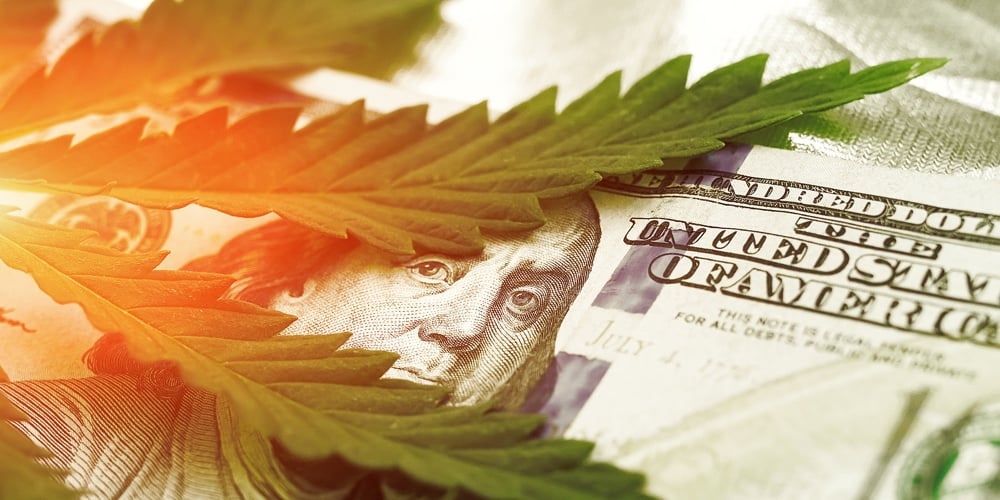Stop dreaming: Cannabis banking reform isn’t happening in 2020
The SAFE Banking Act has virtually no chance of passage in the Senate.

Over the long run, the cannabis industry has the makings of being a big-money business. Worldwide legal marijuana sales have more than tripled between 2014 and 2018 to almost $11 billion, and most analysts on Wall Street predict that legal weed could generate anywhere from $50 billion to $200 billion a year by the time 2030 rolls around.
But the fact is, the near-term continues to be challenging for the marijuana industry and pot stock investors. This is especially true in the United States, where marijuana firmly remains a Schedule I substance (i.e., entirely illegal, prone to abuse, and not recognized as having any medical benefits).
Marijuana’s U.S. scheduling is causing all sorts of problems
Although 33 states have been able to legalize cannabis in some capacity, this Schedule I classification has led to a number of problems.
For one, profitable cannabis businesses are being exposed to Section 280E of the U.S. tax code. Implemented in the early 1980s to keep drug dealers from writing off their business expenses on their federal income taxes, 280E today disallows businesses that sell a federally illicit substance from taking any normal corporate income tax deductions, save for cost of goods sold. Ultimately, this leads to profitable pot companies paying very high effective tax rates.
continue reading »
